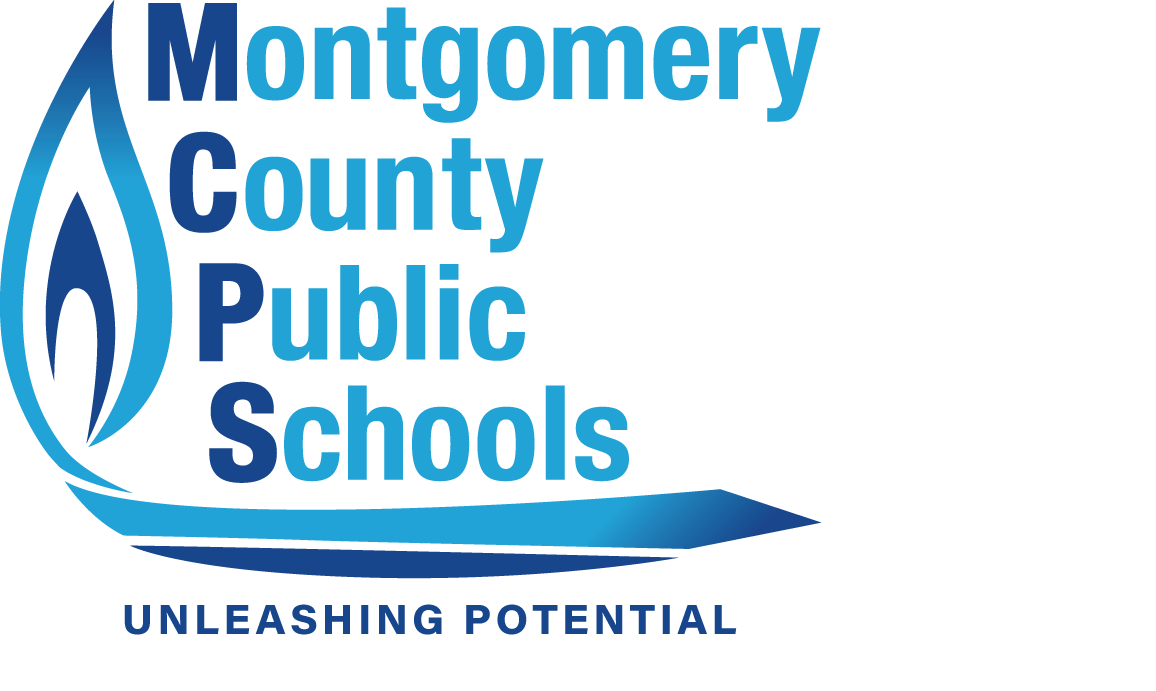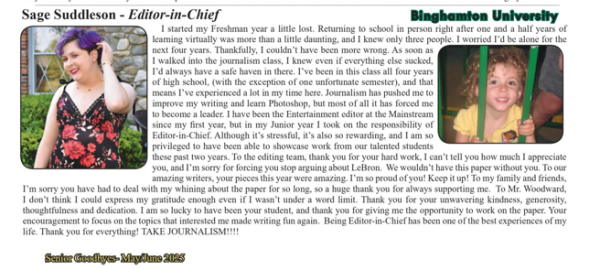How to Beat Procrastination
A Brief Guide to Handling Your Distractions
I used to be the champion of getting my work done on time when I was a freshman. If I were assigned a project, I would begin it that night. If the project was due the next day, I was on it. If it was due the next week, I’d begin it that night and stay on top of it, making sure to finish early. Looking back, I can definitely see how this work ethic contributed to my performance that year. The thing is—I don’t know why it all went downhill.
It was probably near the end of sophomore year that I started putting things aside. I would think, “Oh this assignment isn’t due for a week, I don’t have to start it yet.” The next thing I’d know, it would be the day before it was due and I’d be struggling to do a week’s work in one night.
There are many factors that contribute to procrastination. According to Greatist.com, a site dedicated to helping people make healthy decisions, we procrastinate because we know that what we have to do will cause us some pain. Essentially, we push back the writing of the essay we’ve been assigned because writing that essay, which we don’t quite know how to start, will cause us stress that we don’t want. We then push ourselves to get into our comfort zone—whether that is texting our friends, going on Tumblr, or watching TV—just so we don’t feel stressed out.
The problem with this type of behavior is that, in the end, we end up stressing ourselves out anyway. So why do we keep procrastinating? Because it’s a habit—a habit we have to learn to break.
Everyone’s mind works differently, so what works for me may not work for you. After looking through various sites that express some thoughts on how to handle procrastination, as well as taking into account my own experiences, I’ve come up with five things that I think you should do before you start working on something.
One: Turn off your phone—or at least put it on Do Not Disturb mode! Everyone knows how distracting a phone can be; for most of us, it distracts us even in class. Not having such a distraction will probably make you work more efficiently, plus, it will push you to finish your work so you can use it again.
Two: If you’re an internet junkie like me, turn off the computer! Or, if your work is on the computer, you can block certain sites so you don’t get distracted. You can download programs like Focalfilter which will allow you to block whatever sites you know will distract you for an allotted period of time that you choose. There are more programs like Focalfilter available to help you increase productivity.
Three: If you’re studying for a big test, make sure to control how many breaks you take and how long they are. Lifehack –a site that is known to give tips for productivity—suggests that you should do 25 minutes of hard work, and then take a 5 minute break with every third break being 20 minutes long. Of course, any time you allow yourself a break it puts you in a possibly dangerous position where you have to exude some self-control and force yourself to stick to a strict schedule so you don’t get too off topic.
Four: Find some music or sounds that inspire you. Recently, I have discovered that listening to classical music pushes me to study and even finish my homework. Because there are no lyrics, I don’t get distracted by the story of the song. 8tracks is a good website for finding playlists that will help motivate you. If you’re looking to find sounds—like waves crashing or rain falling—you can use myNoise.net to help you come up with the perfect background sounds that inspire you and allow you to focus.
Five: If you have noticed that you’re never able to get your work done on time, change the setting where you do your homework. I know that for most of us there are about a million distractions in our bedrooms. If you think that you’re not able to get all of your work done because you’re too comfortable in your room, then study somewhere else for a change. Go to a library, or a Panera, or a Starbucks; take only your homework with you so that’s what you focus on while you are there. Remember: you’re not out to socialize, you’re out to get your work done. If you notice after a while that your work ethic is starting to deteriorate, change your setting again.
It’s important to remember that procrastinators are not born; they are made. Being lazy and putting things off is a bad habit that is difficult to stop, but luckily, getting back to being productive is not impossible.












































